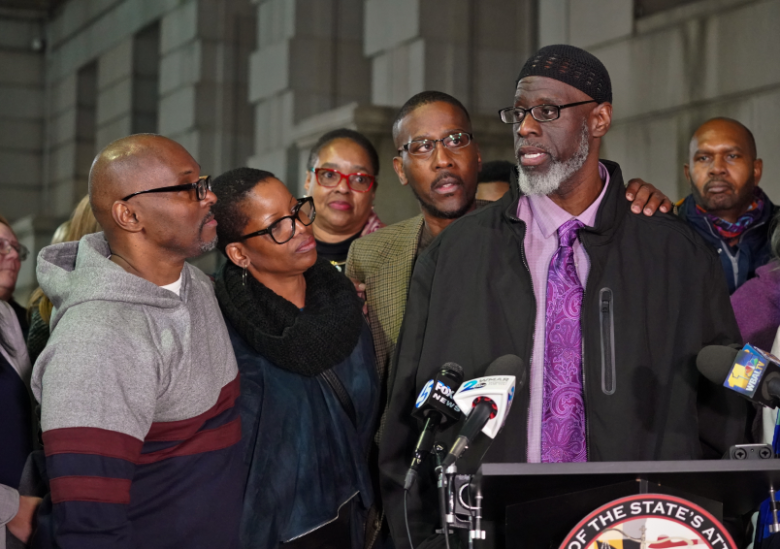District of Columbia
In 2004, MAIP worked with the Public Defender Service and DC Association of Criminal Defense Lawyers to help pass a law requiring the mandatory recording of interrogations in DC. That year, MAIP also teamed up with them to advocate for the DC Innocence Protection Act. This act established the right to evidence preservation, post-conviction DNA testing, and claims involving any new evidence of innocence in DC.



